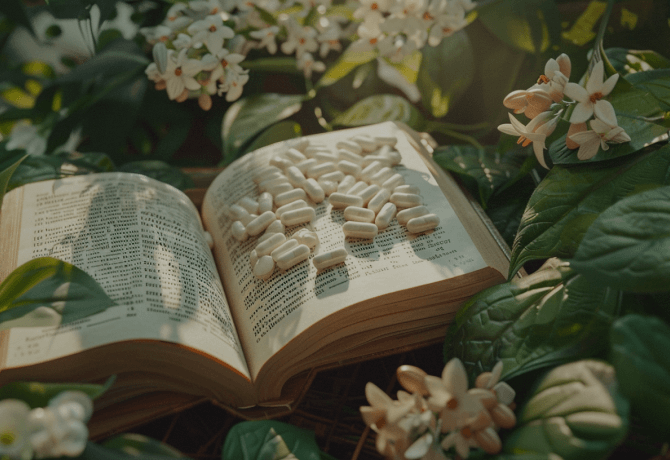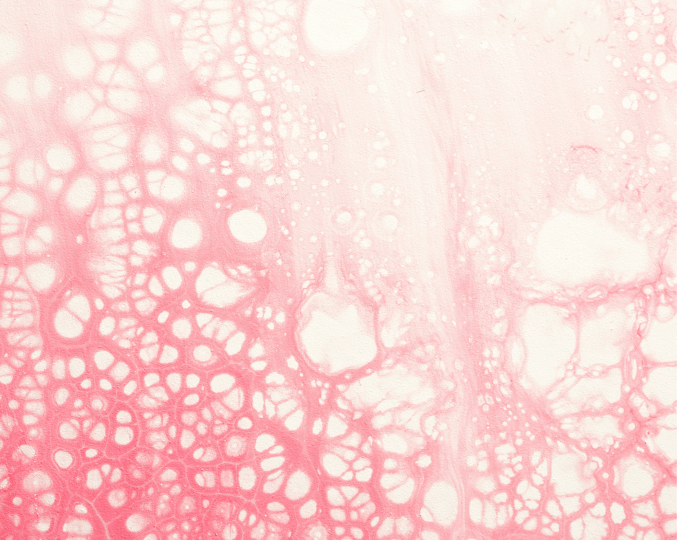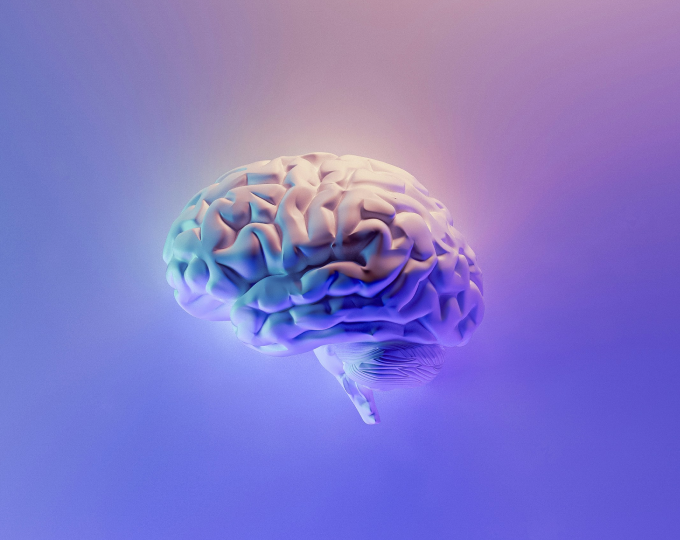Themen dieses Blogartikels:
What is iron?
Iron is a mineral and belongs to the trace elements.
What are the functions of iron?
Iron is particularly relevant for blood formation, for the transportation of oxygen through the body and for energy metabolism. It is also a cofactor of numerous enzymes in the metabolism and therefore plays a role in several cycles.¹
What makes iron unique?
Iron stands out due to its necessity for the blood system. Hardly any other micronutrient is found in red blood cells in such high concentrations. It is also interesting to note that iron constantly alternates between the trivalent and bivalent form². It can only enter the cell in divalent form, is stored in trivalent form and is also transported in trivalent form in the blood. This easy release and absorption of electrons enables iron to be the central atom of many enzymes and therefore important for the reaction to take place.
How much iron do you need per day?
The recommended intake of iron according to the German Nutrition Society (DGE) is as follows⁵:
| Age | Iron mg/day male | Iron mg/day female |
| Infants | ||
| 0 to under 4 months | 0,3 | 0,3 |
| 4 to under 12 months | 11 | 11 |
| Children and teenagers | ||
| 1 to under 4 years | 7 | 7 |
| 4 to under 7 years | 7 | 7 |
| 7 to under 10 years | 10 | 10 |
| 10 to under 13 years | 14 | 14 |
| 13 to under 15 years | 11 | 16 |
| 15 to under 19 years | 11 | 16 |
| Adults | ||
| 19 to under 25 years | 11 | 16 |
| 25 to under 51 years | 11 | Prämenop:16 |
| Postmenop:14 | ||
| 51 to under 65 years | 11 | Prämenop:16 |
| Postmenop:14 | ||
| 65 years and older | 11 | 14 |
| Pregnant women | 27 | |
| Breastfeeding | 16 |
When do you need iron most?
As a woman, your iron requirement is increased due to monthly blood loss. Around 20% of women in Germany have a diagnosed iron deficiency³. The need is therefore increased here. The need for iron is also particularly high during pregnancy and breastfeeding, as the child is also being nourished. An adequate iron supply is also important for competitive athletes, as the muscles should be supplied with plenty of oxygen, especially during the regeneration phase.⁴
How does an iron deficiency develop and how does it manifest itself?
Iron deficiency can lead to anaemia, as fewer and smaller blood cells are produced in the long term. The first signs of this can be tiredness, forgetfulness and irritability. Other symptoms may develop over time, including pale skin and mucous membranes, headaches and loss of performance. In addition to menstruating women and pregnant women, vegetarians and vegans in particular have an increased risk of developing an iron deficiency. Iron deficiency can also occur after major blood loss, for example after an accident, an operation or a blood donation.⁶
What happens if there is an overdose of iron?
According to the German Federal Institute for Risk Assessment (BfR), you should not take more than 6 mg of iron per day in the form of food supplements⁷. Taking too much iron can have serious health consequences - from vomiting, diarrhea and abdominal pain to fatal liver failure. This is known as iron poisoning⁸.
Which foods are particularly high in iron?
Nuts, seeds, red meat and fish contain particularly high levels of iron. Plant iron is trivalent (oxidized), which makes it more difficult to absorb than the animal form⁹. This is because the iron is bound to the oxygen transport molecule heme. There are all kinds of tricks to increase the absorption of plant-based iron: vitamin C, lactoferrin and cysteine and avoiding coffee increase absorption¹⁰. In addition, vitamin B6, B12 and copper can be used to promote utilization.
This dictionary entry is based on carefully researched sources:
Bibliography & Sources
- klartext-nahrungsergaenzung.de/wissen/lebensmittel/nahrungsergaenzungsmittel/eisen-qualitaet-nicht-quantitaet-ist-die-frage-8026
- flexikon.doccheck.com/de/Eisenresorption
- onkopedia.com/de/onkopedia/guidelines/eisenmangel-und-eisenmangelanaemie/@@guideline/html/index.html
- vitalarzt-marquardt.de/eisenmangel/risikogruppen/sportler/
- dge.de/science/reference values/iron/
- internisten-im-netz.de/krankheiten/eisenmangel/krankheitsbild.html
- bfr.bund.de/cm/343/hoechstmengenvorschlaege-fuer-eisen-in-lebensmittel-inklusive-nahrungsergaenzungsmitteln.pdf
- msdmanuals.com/de-de/heim/verletzungen-und-vergiftung/vergiftung/eisenvergiftung
- bfr.bund.de/cd/28369
- bfr.bund.de/cd/28370















